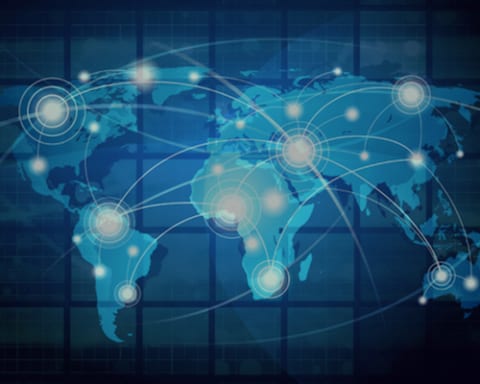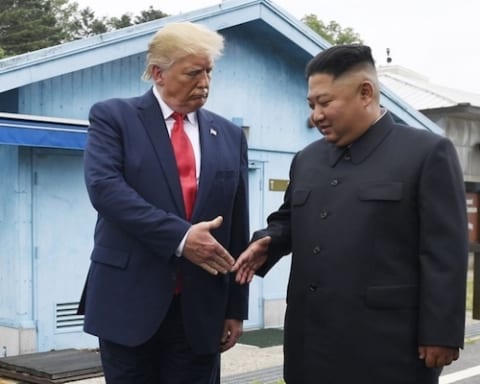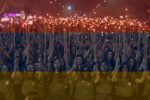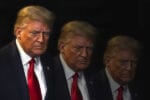OCT 11 – South East Asia News Briefing: Back to Vietnam; Philippines Duterte Break Up; Thailand Detains Hong Kong Activist; U.S. Taking Sides in Burma.
Vietnam
#GoodMorningVietnam
Last week, after 21 years, two US warships made a port of call to Vietnam’s strategic deep-water naval base at Cam Ranh Bay, in the Khanh Hoa province. The visit by the submarine support ship USS Frank Cable and guided-missile destroyer USS John S. McCain marks the warming of relations between the two nation’s militaries as the US continues to pivot towards the Asian Pacific region.
In May, the US lifted its trade embargo on lethal arms sales to Vietnam. The lifting of the embargo comes at a time of heightened tension between Vietnam and its neighbor, China that is claiming control over 90% of the South China Sea. Tensions have reached an all time high. The US Navy stated that this is the first such call by US warships since the two countries normalized relations in 1995.
Cam Ranh Bay has a long history of being open to foreign navies from around the globe. The French used the base during their colonization of Indochina, followed by the US during the Vietnam War. After the fall of South Vietnam to North Vietnamese forces, the base was then leased to the Soviets for 25 years. In 2002, when the lease expired, the Russians withdrew their personnel and the base was opened once again to foreign navies.
As US and Vietnamese military-to-military relations continue to grow, the naval base of Cam Ranh Bay is likely to become a frequent port of call in the future.
Philippines
#BreakingUpIsHardtoDu
Last week Philippines President Rodrigo Duterte continued his ongoing tirade against the United States and Barack Obama by saying, the President should “go to hell”. Duterte followed his comments by saying he might “break up” with Washington.
As to how and when Duterte plans to “break up” with US is still unclear.
This comes after his prior comments where he likened himself to Adolf Hitler. In a speech Duterte claims to have been “portrayed or pictured to be a cousin of Hitler” by critics over his war on drugs, a war that has left over 3,100 suspected drug dealers and users dead through extra judicial killings.
He then said, “Hitler massacred 3 million Jews … there’s 3 million drug addicts” in the Philippines. “I’d be happy to slaughter them.”
Duterte’s comments sent shock waves throughout the Jewish community worldwide and drew staunch condemnation from World Jewish Congress President Ronald Lauder, who said Duterte’s remarks were “revolting” and demanded that he retract them and apologize.
“Drug abuse is a serious issue,” said Lauder, “but what President Duterte said is not only profoundly inhumane, it demonstrates an appalling disrespect for human life that is truly heartbreaking for the democratically elected leader of a great country.” By Sunday, Duterte had apologized to the Jewish community for his comments. At the opening ceremony of the Masskara Festival in Bacolod City, Duterte said “I would like to make it here and now that there was never an intention on my part to derogate the memory of the six million Jews murdered by the Germans … I apologize profoundly and deeply to the Jewish [community].”
The US continues to attempt to work with the Philippines Drug Enforcement Agency (PDEA) through its DEA Manila Office. The Ninoy Aquino International Airport Inter-Agency Drug Interdiction Task Group (IADITG), a multi-agency task force, was created as a cooperative effort between the Philippine government and the DEA.
#PHIBLEX!
Meanwhile the Philippines and the United States kicked off their annual joint military exercises last week known as PHIBLEX 33, or The Philippine Amphibious Landing Exercise. The joint military exercise follows the “Balikatan 2016” annual exercises this past April, and ends October 12. PHIBLEX focuses on humanitarian aid and disaster response.
Duterte has claimed that these will be the last PHIBLEX exercises during his six year term as president. He has also claimed that the US-Philippines Enhanced Defense Cooperation Agreement would be reviewed.
Hello, Philippines! @LHD6BHR pulled into Subic Bay last week to disembark Marines for #PHIBLEX 33. pic.twitter.com/mnKKmIdliB
— AmphibForce7thFleet (@Amphib7FLT) October 9, 2016
As Duterte continues to make comments about ending relations with the US, while saying he will form new alliances with Russia and China, the US has maintained its position to remain close allies.
After Afghanistan and Pakistan, the Philippines is the third-largest Asian recipient of US military and development assistance aid.
Thailand
#JoshuaWong
Last week Chinese officials detained Hong Kong activist Joshua Wong at the Suvarnabhumi Airport for 12 hours, then sent him back to Hong Kong and barred him from reentering the Kingdom.
Wong was part of a Thai activist group, formed to commemorate the Thammasat University massacre on October 6, 1976 and is one of the main student leaders of the pro-democracy Umbrella Movement of 2014 in Hong Kong.
According to the AFP, Netiwit Chotipatpaisal, who is a Thai student activist and who invited Wong to speak in Thailand, said that police had told him of a written letter from the Chinese government to the Thai government which expressed “concern” for Wong.
#China govt muzzles talk of #HongKong democracy activist #JoshuaWong on #weibo https://t.co/fhHRUR4igl Fear of “democratic contagion”? pic.twitter.com/w7QovVaDZw
— Phelim Kine 林海 (@PhelimKine) October 11, 2016
The coup d’état in May 2014 installed the current ruling military government known as The National Council for Peace and Order (NCPO). Since then, the Thai government has detained or deported those who are deemed “unfriendly” or wanted by the Chinese government. Since the coup, Beijing has been accused of alerting Bangkok’s authorities and supporting the NCPO regime politically, and through a variety of investments and economic development. What’s more, over the last few years Bangkok has consistently deported Chinese Uighurs and other citizens seeking asylum back to China.
October 6th marks the 40th anniversary of the deadly Thammasat University massacre, when pro-democracy students were attacked by army and security forces. The massacre remains a sensitive issue. Since Wong is an international pro-democracy activist, the massacre’s anniversary may be motivation for Wong’s expedited deportation.
The government’s official press release via Facebook said, “The NCPO is aware that Mr. Wong has been active in resistance movements against other foreign governments and that if such action were taken within Thailand, said actions could affect Thailand’s relationships with other nations. Particularly, since governments seldom allow such individuals to use their territories to engage in activities that may cause political instability.”
“I’m lucky to have finally returned to Hong Kong, if I couldn’t return I can’t imagine what sort of situation it would be … I’m lucky I did not become the next person to have disappeared,” Wong said (AFP).
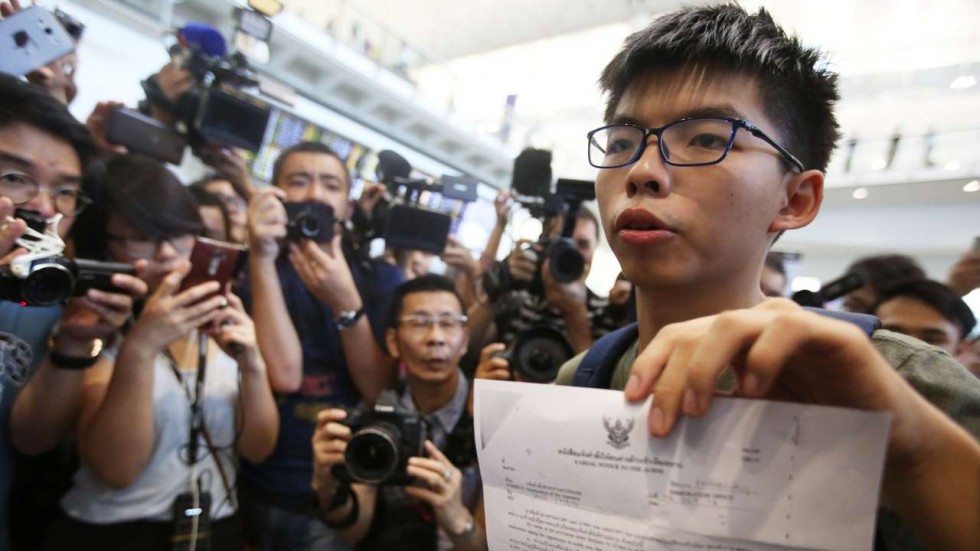
Wong was referring to Hong Kong bookseller Gui Minhai, who disappeared in Thailand last year and mysteriously reappeared in China. Chinese authorities have detained a number of men over their involvement in distributing literature critical of Beijing’s leadership.
Wong, who is the co-founder of the Demosisto party, wants a referendum on Hong Kong’s future, which includes the option of claiming independence from China. In August 2016, Wong was convicted in a Hong Kong court for storming a forecourt government headquarters.
The Umbrella Movement or Umbrella Revolution was a series of protests that occurred in Hong Kong from September 2014 until December 2014. The protests where a result of the Standing Committee of the National People’s Congress (SCNPC) decision to reform the Hong Kong electoral system by pre-screening candidates in front of the Hong Kong Chief Executive. Those who are not deemed pro-Beijing would be barred from running.
The decision by the SCNPC resulted in massive protests that occupied several major intersections in Hong Kong. Police eventually settled the protests however, Hong Kong’s residents remain divided to this day.
Myanmar
#BurmaPeace
Last week a US delegation met with the signatories and non-signatories to last October’s Nationwide Ceasefire Agreement (NCA), at the US Embassy in Rangoon.
According to the Irrawaddy news, US Ambassador to Burma Scot Marciel and LTG Gen Anthony G. Crutchfield, Deputy Commander of the US Pacific Command, met representatives from ethnic armed organizations to “discuss how civilian control of the military functions in the United States and the lifting of US sanctions.” Vice Chairman of the UNFC, Nai Hong Sar said the US delegation offered help with the peace process.
It appears the US delegation is seeking to downplay fears ethnic armed organizations (EAOs) may have about renewed military engagements between the US military and the Myanmar Armed Forces (Tatmadaw). The US plans to educate the Tatmadaw to help protect civilians and not fight the EAO, however it seems highly unlikely until an NCA is signed.
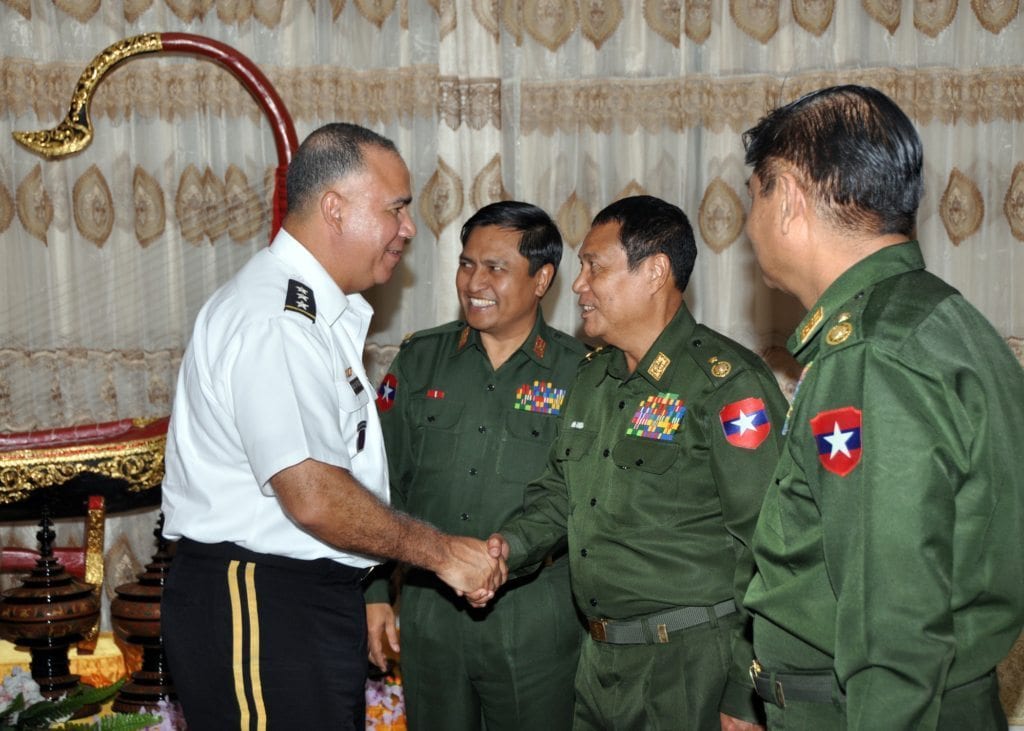
US and Burmese military to military engagement has a long history dating back to when Burma was granted independence in 1948. When the Communist Party of Burma began to receive the support of China, the US sent arms and assistance to Burma. By the 1980’s, US arms sales reached 4.7 million dollars, with over 150 Burmese soldiers attending US military schools under the International Military Education and Training (IMET) security assistance program.
Support ended, however, in September 1988, after the Burmese Army crushed the Democratic uprising, with the US placing an arms embargo on Burma. From then on, the Tatmadaw turned to the Soviets and Chinese for training and arms.
Many of the non-signatories to the NCA believe the Tatmadaw is not serious about peace, and cite the continued fighting in Kachin and Shan State as examples. However, the lack of a signed NCA gives the Tatmadaw reason to continue military operations against them.
The US has been criticized for failing to address concerns of the EAOs and the difficulties they face negotiating with the government and Tatmadaw, particularly non-signatories to last year’s NCA.
US Pac Com Lt. Gen. Crutchfield met with leaders of #UNFC, ethnic armed organization, on Oct 3rd, in Rangoon. pic.twitter.com/quie8CrwKU
— FreeKachin (@FreeKachin) October 4, 2016
Until now, the US has not played an active role in the peace talks, unlike Burma’s neighbor China. US policy appears to divide the EAOs into two camps, those who are proxies of Beijing and live along the Chinese border, and those who are not. It appears the US has also placed its old allies from WWII, the Kachin, with Chinese proxy groups because of their proximity to the Chinese border. The Kachin Independence Army and their political wing the Kachin Independence Organization are the only EAOs to have sent a delegation to visit New York and Washington D.C. in the spring of 2014.
The Kachin remain predominantly Christian and pro-democracy, and generally have held the US in high regard, starting with the first Baptist missionaries who came from the US in the 19th Century prior to British Colonial rule.
Observers agree that if the US is serious about peace in Burma, it not only needs to reengage the Burmese military, it needs to engage all EAOs no matter their proximity to the Chinese border. Taking sides will likely not end 70 years of civil conflict, nor will it help build a prosperous Burma.
The road to peace in Myanmar has been a very long and troubled one. Great progress has been made, as reported by Lima Charlie:
Peace for Myanmar? Panglong Conference Closes Amidst High Spirits
+++END
Lima Charlie’s ASEAN Bureau, with Raymond Pagnucco
For up-to-date news about South East Asia, please join us on Twitter at @LimaCharlieNews
Lima Charlie provides global news, insight and analysis by military veterans and service members Worldwide.
#ASEANNews #ASEAN #LimaCharlie #LimaCharlieNews

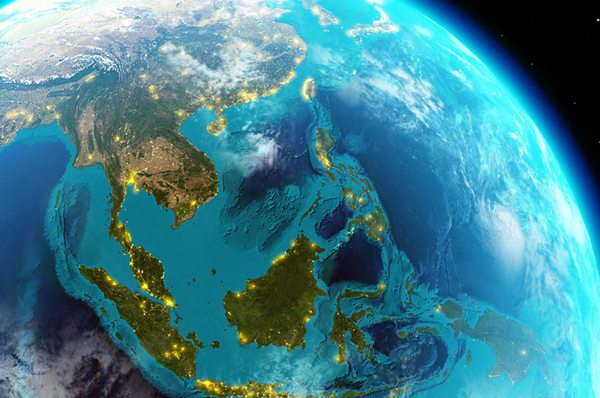
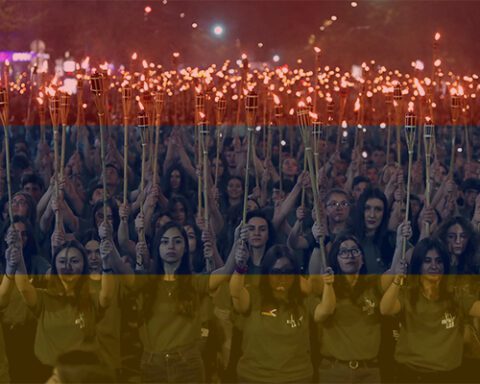
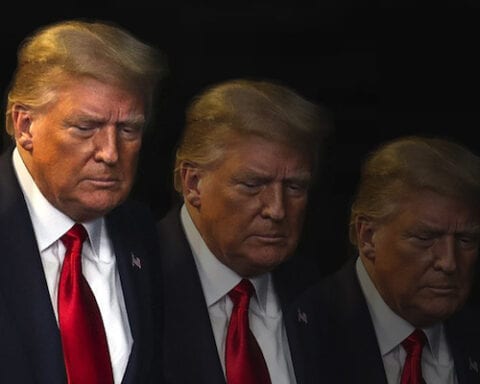


![Blossoming Russo-Turkish alliance leaves U.S., NATO behind [Lima Charlie News]](https://limacharlienews.com/wp-content/uploads/2019/07/Russia-Turkey-alliance-leaves-U.S.-NATO-behind-480x384.png)
